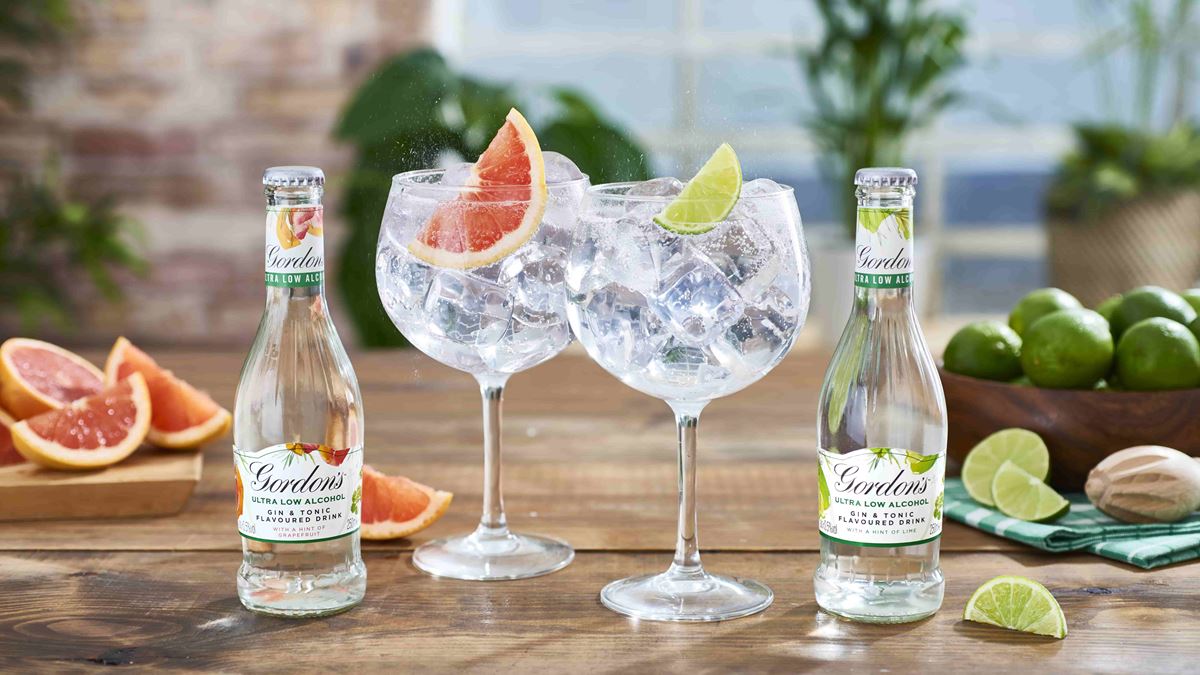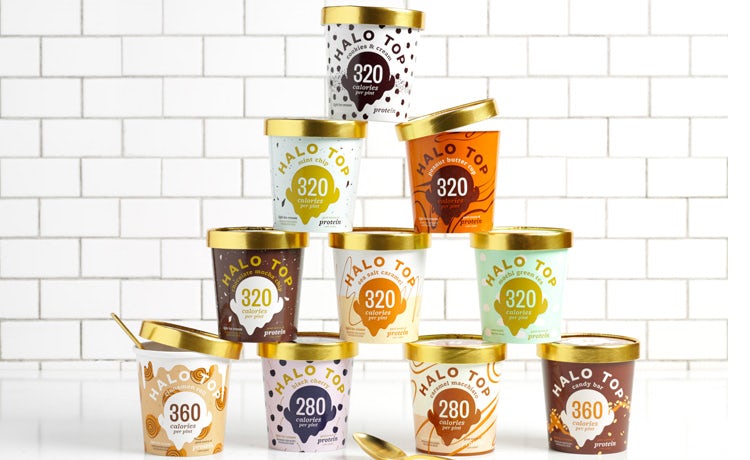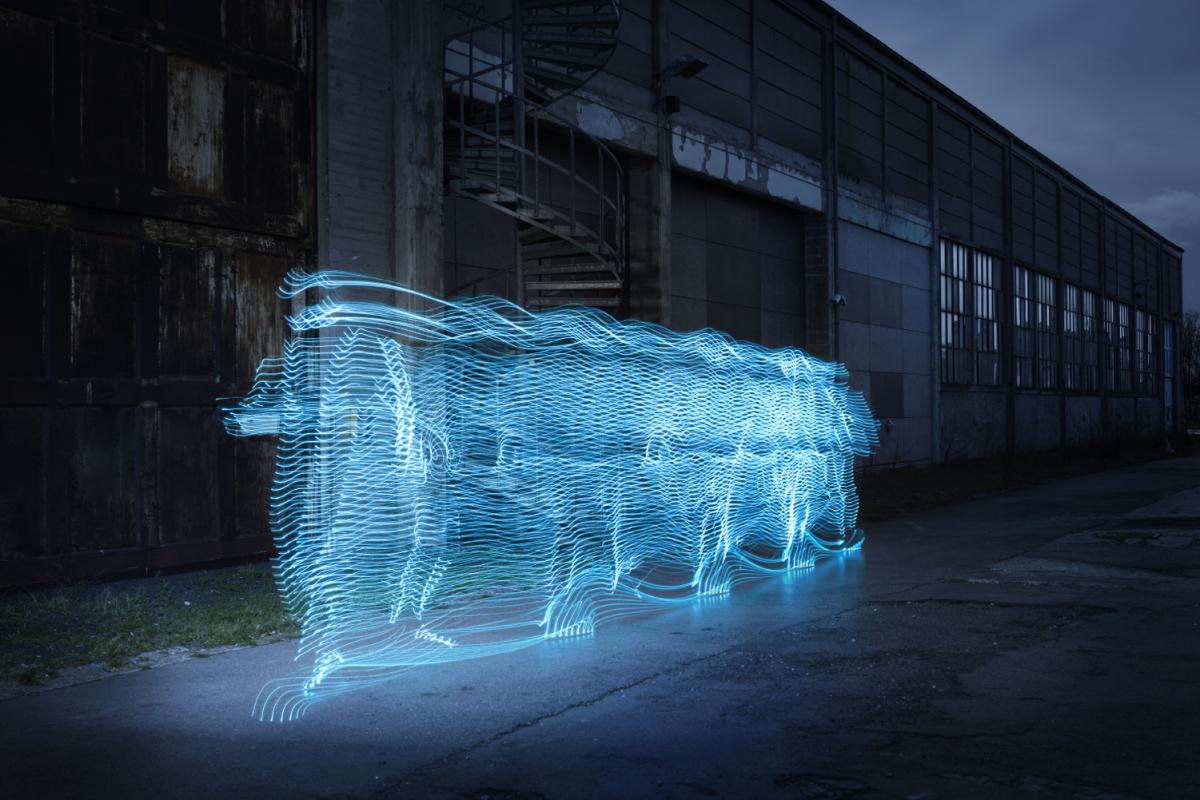Innovation is a critical foundation for brand growth. The brands that recovered well from the last recession and have survived Covid challenges to date are those that have put innovation at the heart of their recovery (Brand Z data post recession).
However, the challenge is that most innovations fail.
How can brands repeat their initial successes in Innovation to create those difficult second and third albums?
Successful brands create meaning for consumers and deliver better than their competition.
Think Dyson, ranked No1 in Brand Z Innovation 2020 or Gordons, who have been doing so well innovating into new occasions and around new trends like the low alcohol and ready to drink categories. Walkers have been impressive with three new innovations in the UK top 10 incremental innovations of 2020 while CrispIn or CrispOut was April’s most effective ad campaign scoring high on both long and short-term effectiveness measures*. McVities also continues to demonstrate that it’s possible to reinvent even the simple biscuit – cf. ‘VIP biscuits’.

But just as artists can struggle to define and refresh their connection with fans after a successful debut, brands can struggle to define this intangible ‘meaning’.
Five ways to create meaning for your fans
- Tap the cultural zeitgeist – Oatly has connected itself to the growing dairy alternatives sector, whilst bringing an irreverence to an otherwise earnest category.
- Capitalise on new or emerging trends – here Flora plant butter is a great example of stretching a long-established brand into the emerging plant-based sector with a fresh brand identity.
- Meet a need or resolve a tension better than the competition or for a new audience- think of Carex soaps and hand gels who capitalised on their leadership in hand soap with further packaging and product innovation to ride the wave of handwashing seen in 2020 and become Britain’s fastest growing grocery brand.
- Deliver in the moment with occasionality – Halo Top performed the trick of making Ice Cream more permissible and in the process opening it up to occasions that stretch beyond treats.
- Create new means of access for consumers in a moment of need – rapid delivery in grocery through services like Deliveroo, Gorillas or Getir is an example of identifying a growing need of people being at home and reluctant to step out to the shops and offering a solution that has caught the attention of consumers and mainstream grocery players alike.
Meaning isn’t an automatic by-product of ideation: it comes from developing a strong innovation strategy and building from solid foundations. Those who achieve meaningful difference do so by putting the consumer at the heart of their innovation processes, which is what brand managers should be doing anyway – it’s not rocket science.
That being the case, why doesn’t all innovation meet these two simple criteria? The answer is in the translation.
Translating desire into reality
Established artists have a history and a legacy to consider, with record labels often pressing for fast returns. The same is true for brands and stakeholders. The result tends to be a well-established process that generates ideas but doesn’t focus on driving incremental growth through meaningfully different innovation.
Instead, brands (and bands) often try to repeat initial success by taking a rear-view mirror approach. They replicate what they’ve done so well to create the first successful album, leading to the perennial problem of that difficult ‘second album’.
The biggest problem that established brands face, due to their legacy, is that it restricts their ability to make bold and brave decisions. This gives smaller more nimble brands the advantage. Take the examples of smaller brands such as Halo Top or Graze, pre-acquisition: how many big businesses can claim the same bravery?

How to be brave: five observations from Kantar
- Brave brands’ innovation strategies face forward: they are prepared to think differently and to be comfortable with the uncomfortable. - Think Beck rather than S Club!
- They move from understanding consumers to being obsessed with people and their context, to unlock new opportunities to be meaningful to consumers. For inspiration, look at what the Beatles did with Sergeant Pepper in terms of reflecting a zeitgeist
- Brave brands are never satisfied: they continually review and challenge their innovation processes. They drive internal and stakeholder momentum by focussing on defining a learning journey that is right for each project; using intelligence and testing critical assumptions to reduce risk and build confidence. David Bowie is a great example of this type of self-reflection.
- That confidence gives them the right foundation to focus their energies on moving with agility through the build phase, getting the innovation to market, monitoring and pivoting to ensure success. And if we’re talking agility, is there anyone to compare with what Madonna achieved in the 80s and 90s?
- Finally, businesses that create repeatable, successful innovation do so by thinking brand-first. That is not to say they have a blind focus on brand to the exclusion of sales, but that they understand and respect the reciprocal relationship between brand and innovation in creating a mental predisposition to purchase. Examples of this type of brand-first thinking include Cadbury’s chocolate tablets (new variants launched in 2020 bought by 1 in 10 GB households), Febreze’s incremental extension into different occasions (top UK incremental innovation of 2020) – or returning for a final time to our analogy, BBC Radio 1.
So whether you’re looking to crack that second album, revitalise a flagging fanbase or simply maintain your position at the top of the charts, remember: be brave, build the right foundations and keep your audience at the heart of your innovation.
By Dr Nicki Morley, Head of Behavioural Science and Innovation Expertise, Insights Division, UK, Lou Ellerton, Senior Director & Andrew Walker, Director, Client Knowledge, Worldpanel Division, UK
*Source: Kantar’s ‘The Works’ creative effectiveness analysis in partnership with Advertising Association and Marketing Week - https://www.marketingweek.com/april-effective-walkers/’
